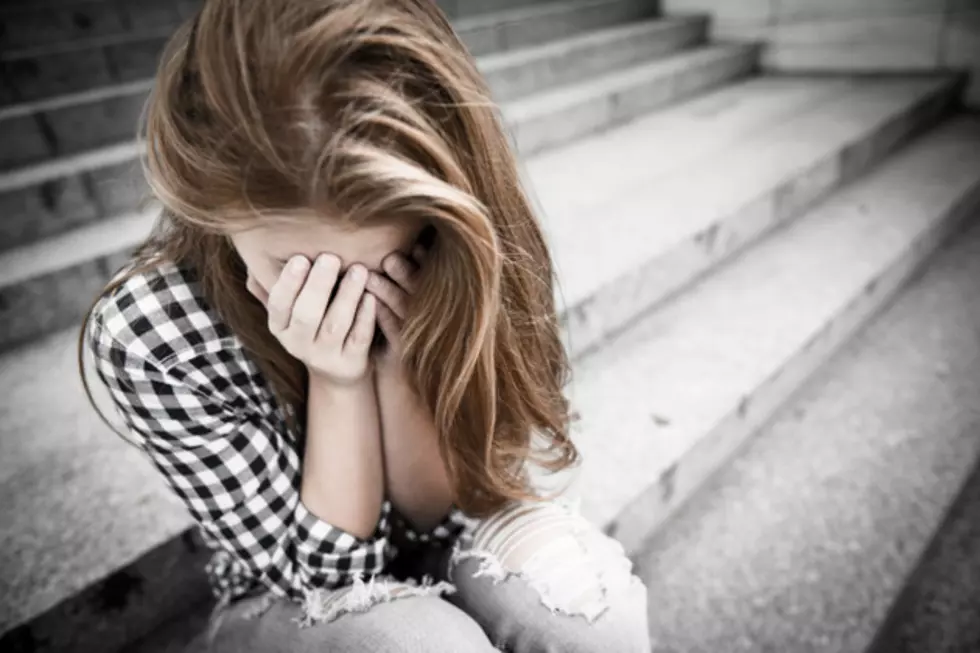
Youth suicide in NJ: The ultimate consequence of mental illness
New Jersey statistics suggest that more than two dozen individuals under the age of 18 took their own lives in 2017.
Data from the New Jersey Poison Control Center, meanwhile, point to a growing number of preteens attempting to commit suicide through the abuse of medication.
The true tally of youth suicide attempts, by any number of means, will never be known.
This article is the second installment of a week-long series that examines children's mental health in New Jersey.
"People don't realize how much suicide is actually affecting their young people," said Maggie Rose, co-founder and president of suicide prevention nonprofit Reborn, located in High Bridge. "It's something that is still not talked about as much as it should be."
Nationwide, suicide is the second leading cause of death among individuals aged between 10 and 24, Rose noted. When Reborn first launched a few years ago, it was third.
"It's horrifying to think that a 10-year-old would want to commit suicide," Rose said. "But there are more young people today than ever before that grow up at 8, 9 years old with a cell phone, who are on social media following people who are three, four times their age who are talking about things that are three or four decades down the road."
Rose said her group is in the process of writing children's books meant to gently address the sensitive issue with individuals younger than 10 years old.
Beyond preteen years, the educational and social pressures mount, perhaps along with pressure at home to "outperform" peers.
"When a child gets to the point where they're having suicide thoughts and ideation ... it's too late," said Betty Jean, senior coordinator of call center services with the Mental Health Association in New Jersey.
According to the state Department of Health, 27 minors committed suicide in 2017, representing 3.3% of the state's total suicide count (809).
Attempts to take one's own life, however, is a harder action to track. According to the New Jersey Poison Control Center, there were 70 confirmed cases in 2018 of those aged 9 to 12 attempting to commit suicide by swallowing large amounts of medication.
In New Jersey, it is not required that hospitals and healthcare facilities report drug overdoses to the Poison Control Center, so these totals are likely on the low side.
New Jersey children spend a third of most weekdays in a classroom. On day 3 of this series, we'll examine the role of schools in children's mental health care.
More From 94.3ThePoint:



